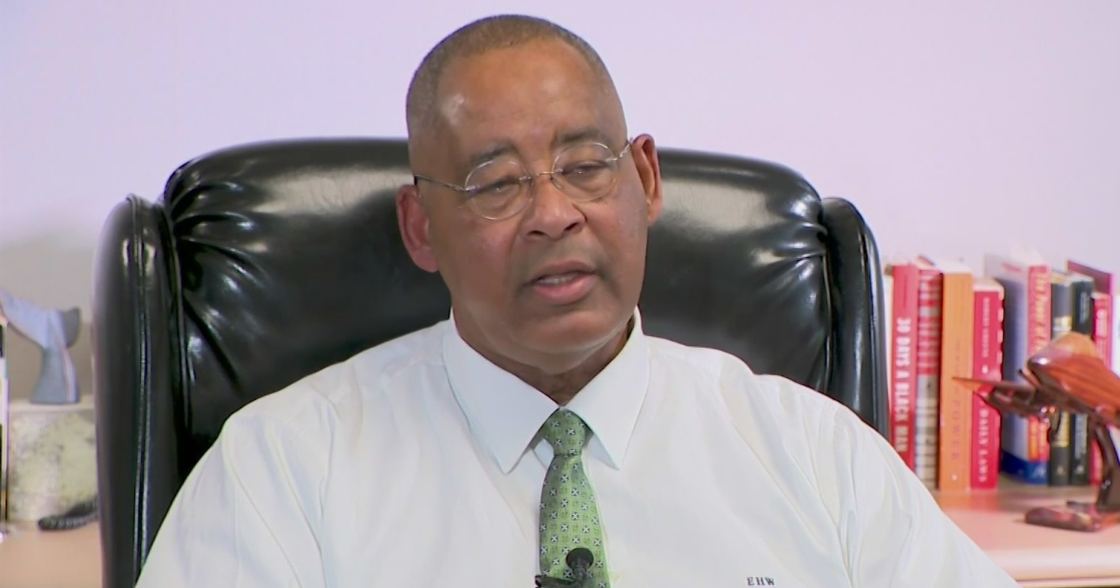Circuit Judge Elijah Williams, a juvenile court judge, doesn’t mince words.
“Make a left, look her in her eyes. Nobody cares about you but your mama,” he tells one teen, locking eyes from the bench.
Mother and son face sentencing
On this Wednesday docket, Williams addresses Kanosha Taylor and her son, Angelo. Taylor says Angelo is on the autism spectrum and experiences “meltdowns.” One of those incidents, she says, escalated into an assault on her.
Angelo appeared for sentencing. Judge Williams invited his mother to set additional conditions.
“I’m gonna allow Judge Williams to tell you what you’re gonna do, how you’re gonna do it, and when you’re gonna do it because apparently you don’t like listening to me and your dad,” Taylor said in court. “You have no chances. Zero chances to tell me what you don’t want to do.”
A courtroom shaped by discipline
Williams is the longest-serving circuit court judge in Broward County. The 66-year-old is a former Air Force captain who brings a drill-precision mindset to a docket filled with adolescents wearing handcuffs and ankle monitors while facing charges that range from fights to firearms.
In one case, he addresses a mother directly.
“Your son is charged with shooting a loaded gun into a house with people inside of it,” he said. “That’s not an accident.”
Warnings about immigration consequences
To another teen, Williams warns in open court how their crimes can affect their immigration status.
“Is this your first offense? Is this your last offense? I need to warn you, if you’re not a U.S. citizen, they’re going to deport you,” he said.
Judge sees his own reflection
Williams’ approach is rooted in his upbringing. He grew up less than two miles from the courthouse, in Fort Lauderdale’s former Dixie Court Apartments, a tax-based housing community.
“When I look out into that box, I see myself,” he said. “If a guy like me could make it from a government housing project, any of those kids can.”
“Do I have a passion for kids? Not really,” Williams said. “My job is to ensure each child reaches their potential. This is an intellectual game.”
Parents say the message lands
Parents say they feel the care behind the toughness.
“He loves these kids. I can tell because he works to make sure all the facts are given so he can give these kids a fair chance,” Taylor said.
As for Angelo, he says the message landed. Are you a better person because of Judge Williams’ decision?
“Yes, ma’am.”
Will you be seeing him again?
“No, ma’am.”
Mission: redirect, not punish
Week after week, family after family, the mission in this courtroom is the same: intervene early, set boundaries, and give young people a route away from the edge.



